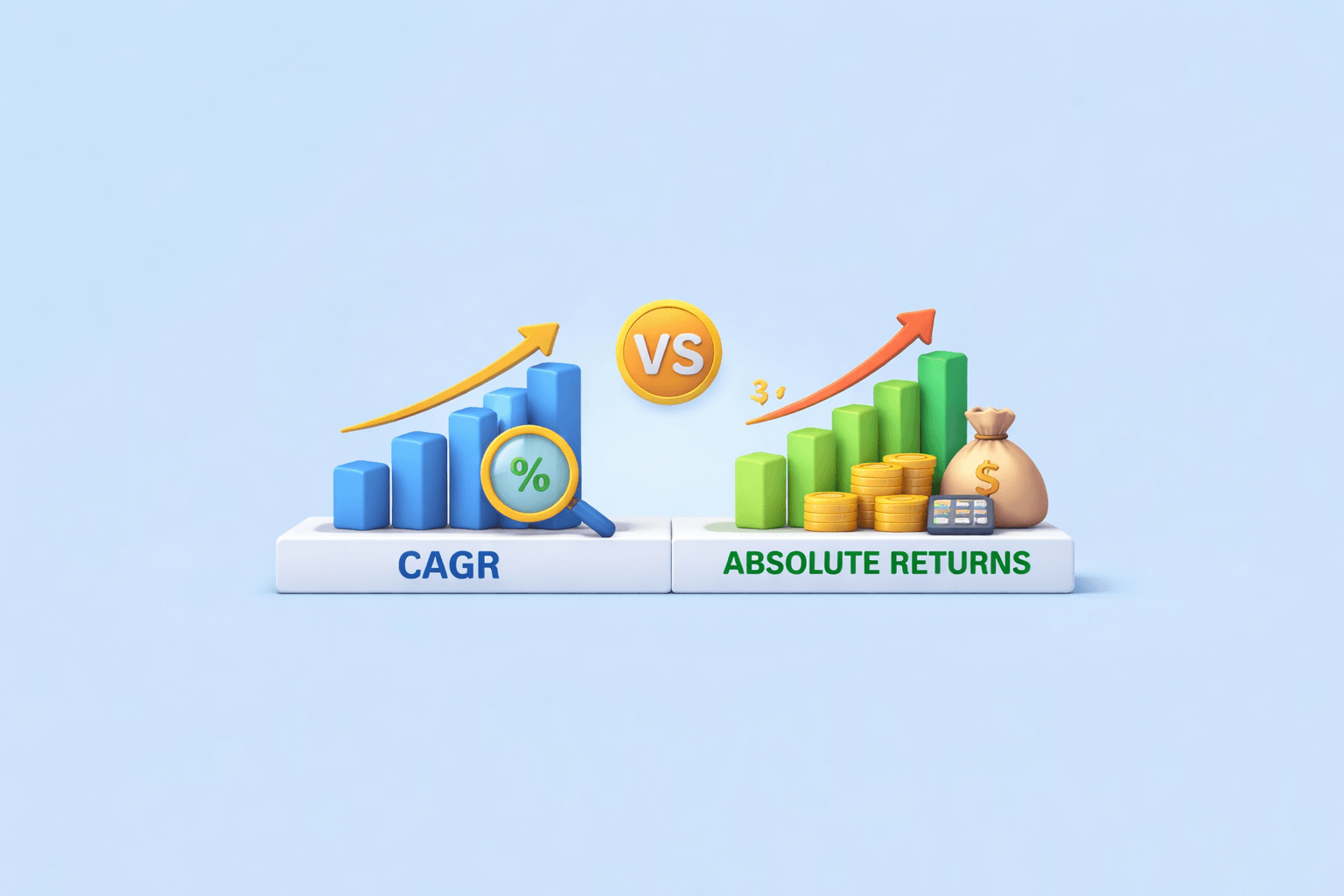FPO vs IPO: Know the Differences Between FPO and IPO

- Published Date: August 03, 2023
- Updated Date: October 17, 2025
- By Team Choice
If you are exploring the stock market for the first time, you must have come across terms like IPO, and FPO and you will need a demat account to participate in them Although both processes are considered as ways to raise capital by issuing shares, they serve different purposes.
An IPO is a private company's initial sale of shares to the public, while an FPO is the sale of extra shares by a company that is already publicly traded. Understanding the difference between these processes is crucial for investors.
This blog will explore the difference between FPO and IPO to help you make more informed decisions.
FPO vs IPO: Key Differences
Here are some of the major differences between FPO and IPO:
| Basis | IPO (Initial Public Offering) | FPO (Follow-on Public Offering) |
|---|---|---|
| Meaning | An IPO is the very first instance when a private company offers its shares to the public and becomes a publicly listed entity. | An FPO takes place after a company is already listed on the stock exchange and issues additional shares to raise more funds by issuing to the general public. |
| Purpose | The primary purpose of an IPO is to raise capital for the first time, enabling the company to expand its funds, meet working capital needs, or repay initial debts. | The main purpose of FPO is to raise capital after the IPO. Companies use the capital for operating expenses, repaying debts, or making acquisitions. |
| Price Determination | For IPOs, the price is determined either as a fixed price or through book-building, where a price range is given and investors bid within that range. | FPO pricing is generally determined by the company’s existing market value and the level of demand. Prices may be lower than the current market rate to encourage participation. |
| Share Quantity | Since new shares are issued for the first time, IPOs tend to increase the total number of outstanding shares. | The outcome of the share quantity depends on the FPO type. Dilutive FPOs increase share counts by issuing new shares, while non-dilutive FPOs don’t, as promoters sell their existing shares. |
| Cost Involved | Announcing an IPO is an expensive affair. It involves drafting, regulatory filings, marketing (roadshows), and heavy compliance. | FPOs are cost-effective since the company is already listed and it involves a more simplified process. |
| Timing | IPOs represent a company’s transition from private to public ownership. | FPOs occur only after the company has completed its IPO and is already trading in the secondary market. |
| Risks for Investors | IPO investments carry higher risk because there is limited performance or trading history to evaluate the company’s real worth. | FPOs are less risky. Investors can evaluate past performance, financial health, reputation, and market trends. |
| Company Status | An IPO is announced by a company that isn’t listed on any stock exchange yet. | FPO is carried out by a company that is already listed and trading publicly in the secondary market. |
| Process & Compliance | IPOs require strict legal formalities, disclosures, approvals from SEBI, and preparation of detailed prospectus (DRHP) which makes the process lengthy and complex. | FPOs, while still regulated, are simpler since much of the company’s background and history is already available. |
Open a FREE Demat Account in 5 Mins.
- Free AMC for First Year
- Low DP Charges (₹ 10)
- No Auto Square Off Charges
- Free Research Calls
Which is Better: IPO or FPO?
As both IPOs and FPOs aim to raise funds by issuing shares, many individuals often wonder which offers a better investment opportunity. The answer to this question heavily depends on your investment style and risk tolerance.
- Investing in an IPO can be a rewarding opportunity if the company grows significantly after going public. However, it is crucial to remember that IPOs carry higher uncertainty since there is no past market performance to rely on.
- FPO investments are often considered safer, as the investors can analyse the company’s track record, financials, and market reputation before investing.
If you are an aggressive investor who is willing to take risks for potentially higher rewards, investing in IPOs may suit you better.
If you are a conservative investor looking for safe investments with available data to analyse, FPOs are generally a better choice.
You can even consider investing in both IPOs and FPOs, depending on the market cycle and specific company potential.
Disclaimer: The provided information is intended for general knowledge only. It should not be construed as financial advice. It is advisable to consult a SEBI-registered professional or investment advisor before making any investment decision. You should also conduct your own research before investing.
Summing Up
Both IPO and FPOs are crucial fundraising tools for companies and investment opportunities for the public. An IPO allows you to be part of a company’s growth story from the start, whereas an FPO provides a chance to invest in an already-listed business with a proven record. Understanding the difference between FPO and IPO can help you align your investment choices with your financial goals and risk tolerance.
FAQs
What is the main difference between IPO and FPO?
IPO is when a company issues shares for the first time, while FPO happens after the company is already listed.
Is IPO riskier than FPO?
Yes. IPOs involve more speculation and volatility, whereas FPOs are backed by company history and performance data.
Can I invest in both IPO and FPO?
Yes, investors can apply for both IPOs and FPOs, depending on availability and eligibility.
Which offers better short-term gains?
IPOs usually have higher short-term gain potential due to listing day premiums. FPOs generally provide steadier returns.
Does FPO always dilute ownership?
Not always. In a non-dilutive FPO, existing shareholders sell their stake, so ownership percentages remain unaffected.
Related Blogs
| IPO Related Resources |
|---|
| How to Apply for IPO |
| IPO Apply Time |
| Upcoming IPO |
| Is IPO Safe or Not |
Recommended for you

CAGR Vs Absolute Returns in Mutual Funds: Key Differences You Should Know

FII DII Data - Live Data

Share Market Prediction For Tomorrow
